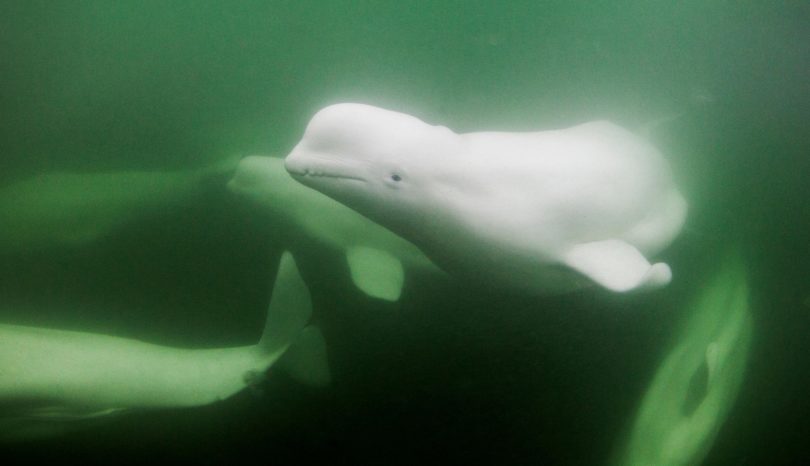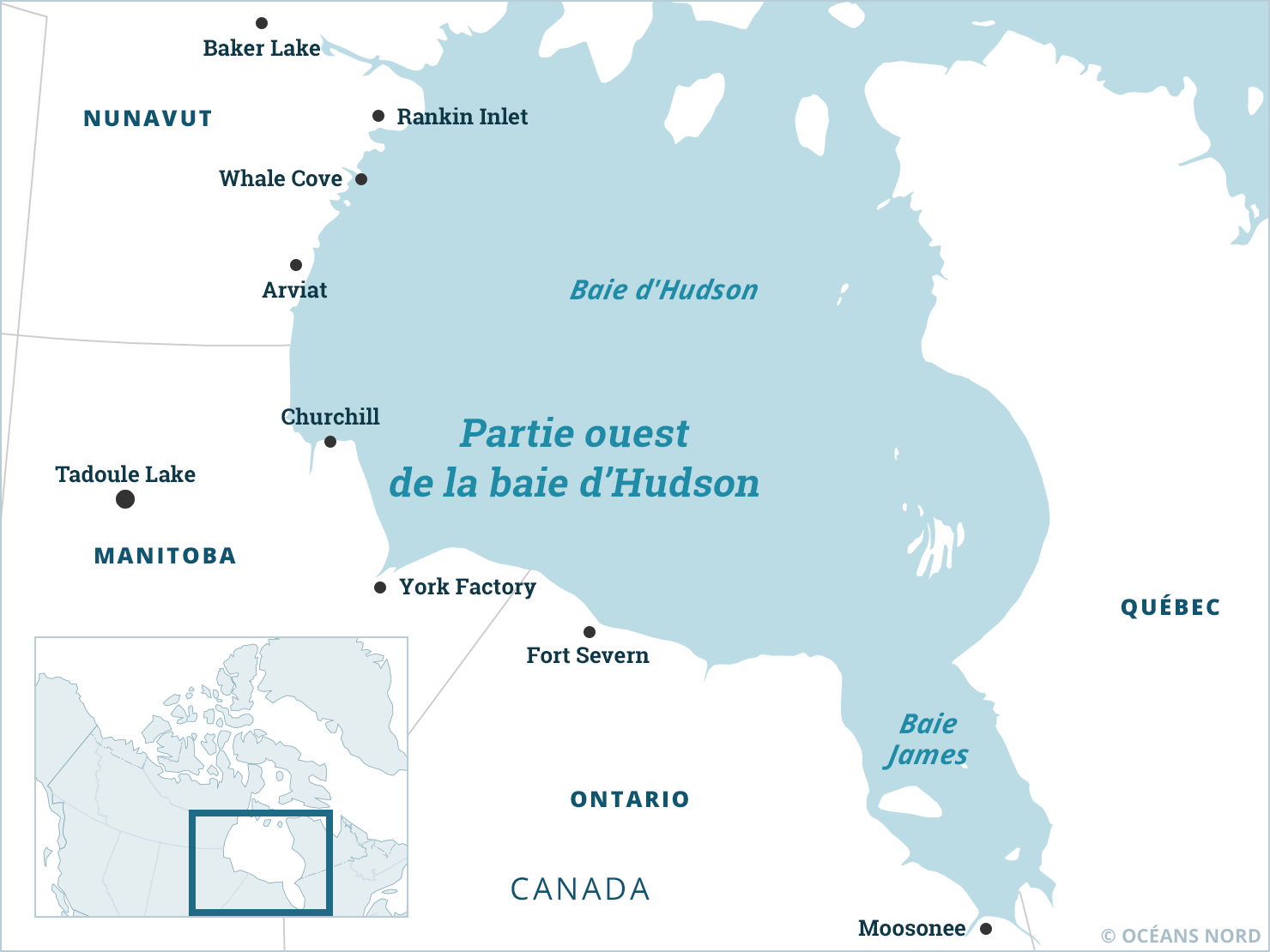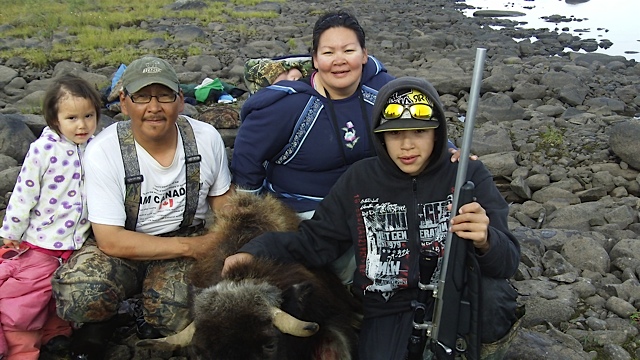Au centre du Canada se trouve la grande mer intérieure de la baie d’Hudson, ou Kangiqsualuk ilua, une langue glaciaire de l’océan Arctique. Comptant environ 57 000 bélugas et autres mammifères marins, elle s’étend plus au sud que les capitales européennes de la Scandinavie, de l’Allemagne et de la Russie.
Comme la baie d’Hudson est l’écosystème arctique et subarctique le plus au sud au monde, elle est particulièrement vulnérable aux effets du changement climatique et aux répercussions des activités industrielles comme les projets hydroélectriques.
ressources connexes
The Beluga News The Beluga History Issue, Summer 2023
The fourth issue of The Beluga News highlights the history and heritage sites of Western Hudson Bay near Churchill, Manitoba, where people have been living alongside belugas for thousands of years.
The Beluga News The Beluga & Calf Issue, Summer 2022
The third issue of The Beluga News highlights the latest scientific research taking place in Churchill, Manitoba, including new research into how beluga calves and their mothers use the estuaries.
The Beluga News: Summer 2021
The second issue of Beluga News provides updates about our three-year study of how belugas interact with whale-watching boats in Churchill, Manitoba.
Western Hudson Bay and Its Beluga Estuaries Protecting Abundance for a Sustainable Future
Western Hudson Bay is globally signification wildlife habitat, as well as the site of important historic and cultural sites. Western Hudson Bay and Its Beluga Estuaries: Protecting Abundance for a Sustainable Future advocates for a national marine conservation area in this region.
Protecting Manitoba’s Beluga Estuaries
The river estuaries in Western Hudson Bay provide invaluable summer habitat for one-third of the world’s beluga whales. However, climate change and industrial impacts threaten this region’s ecological viability and have the potential to fundamentally impact the economic base and health of coastal communities that rely on its natural resources for sustenance.
Video © The Pew Charitable Trusts and Ducks Unlimited.



